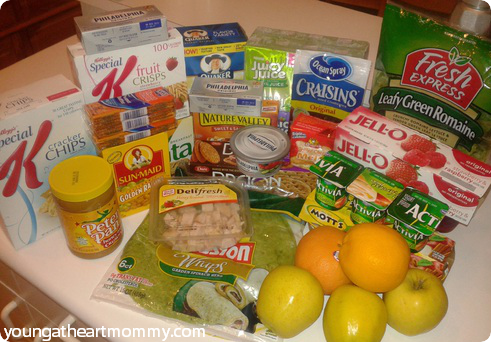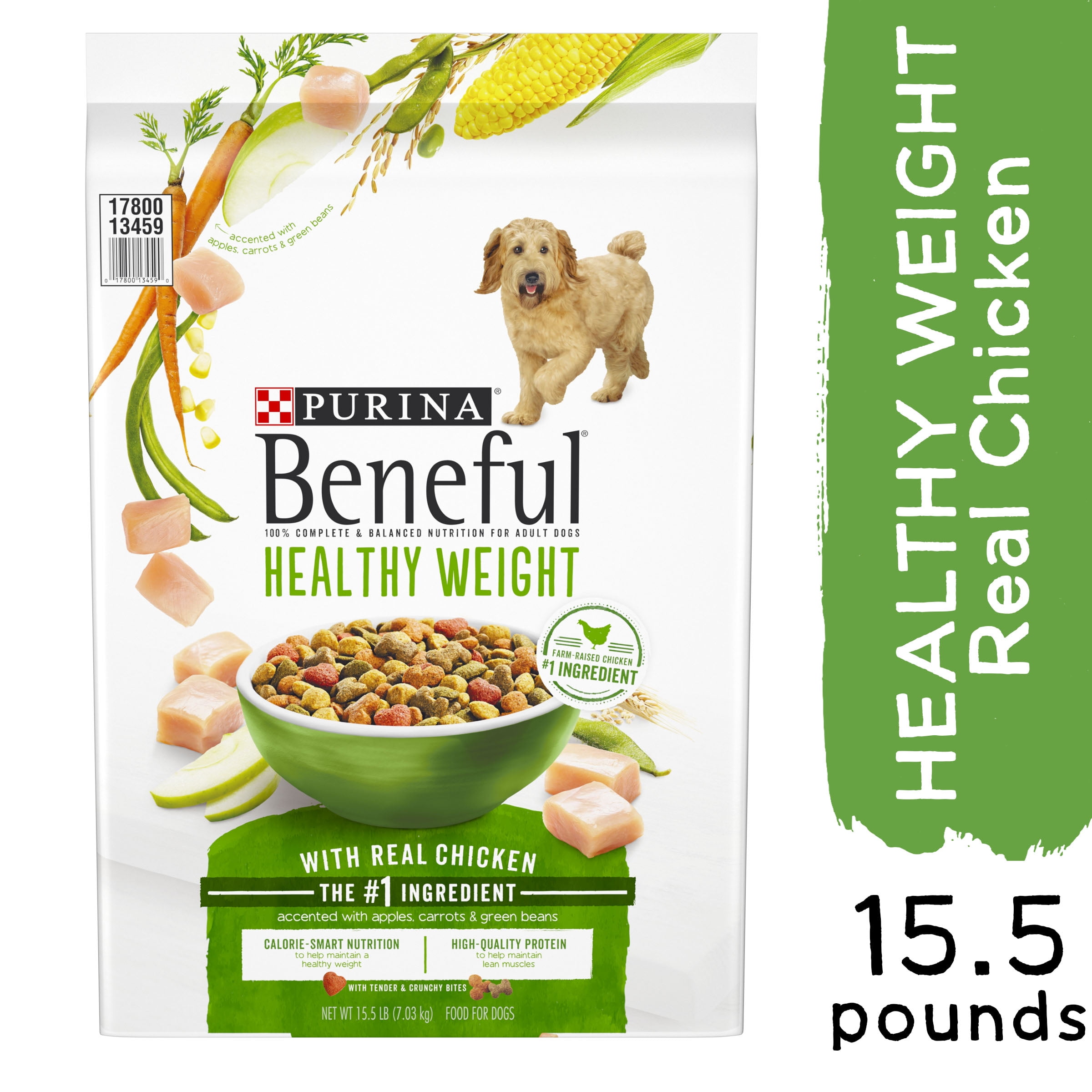



But let’s look at the seemingly more natural category of water. If you’re trying to avoid unnatural ingredients you may not be a soda drinker. Of the soft drinks sold at Walmart, approximately 97 percent contain ingredients that Whole Foods considers “unacceptable.” High fructose corn syrup and the preservative sodium benzoate, both on Whole Foods’ banned list, are in the majority of Walmart’s soft drinks. Given the popularity of processed foods among American shoppers, and the disdain for preservatives in health food circles, it’s perhaps not surprising that one out of every two products sold at Walmart has an ingredient banned by Whole Foods. Many of the ingredients banned by Whole Foods are ones that frequently show up in processed foods, products that have been prepared and packaged in a way that allows them to be sold on a mass scale at a later date. When all 78 ingredients banned by Whole Foods are taken into account, roughly 54 percent of food items sold at a Walmart would be prohibited at Whole Foods. In fact, approximately 14 percent of food items sold at Walmart could not be stocked on the shelves of Whole Foods simply because they contain high fructose corn syrup. Walmart does not ban any of the ingredients on Whole Foods’ restricted list. Though Whole Foods has grown over the years-it currently boasts more than 300 locations nationwide-it’s still a small operation in comparison to Walmart, which runs more than 3,000 food-selling supercenters in the U.S., making it the largest grocery store in the country and indeed the world. Whole Foods, one of the largest health-conscious grocery stores in America, maintains a list of “Unacceptable Ingredients for Food.” The store’s blacklist is 78 ingredients long and contains many well-known villains in the eyes of health-conscious eaters-aspartame, MSG, and high fructose corn syrup, to name a few.


 0 kommentar(er)
0 kommentar(er)
